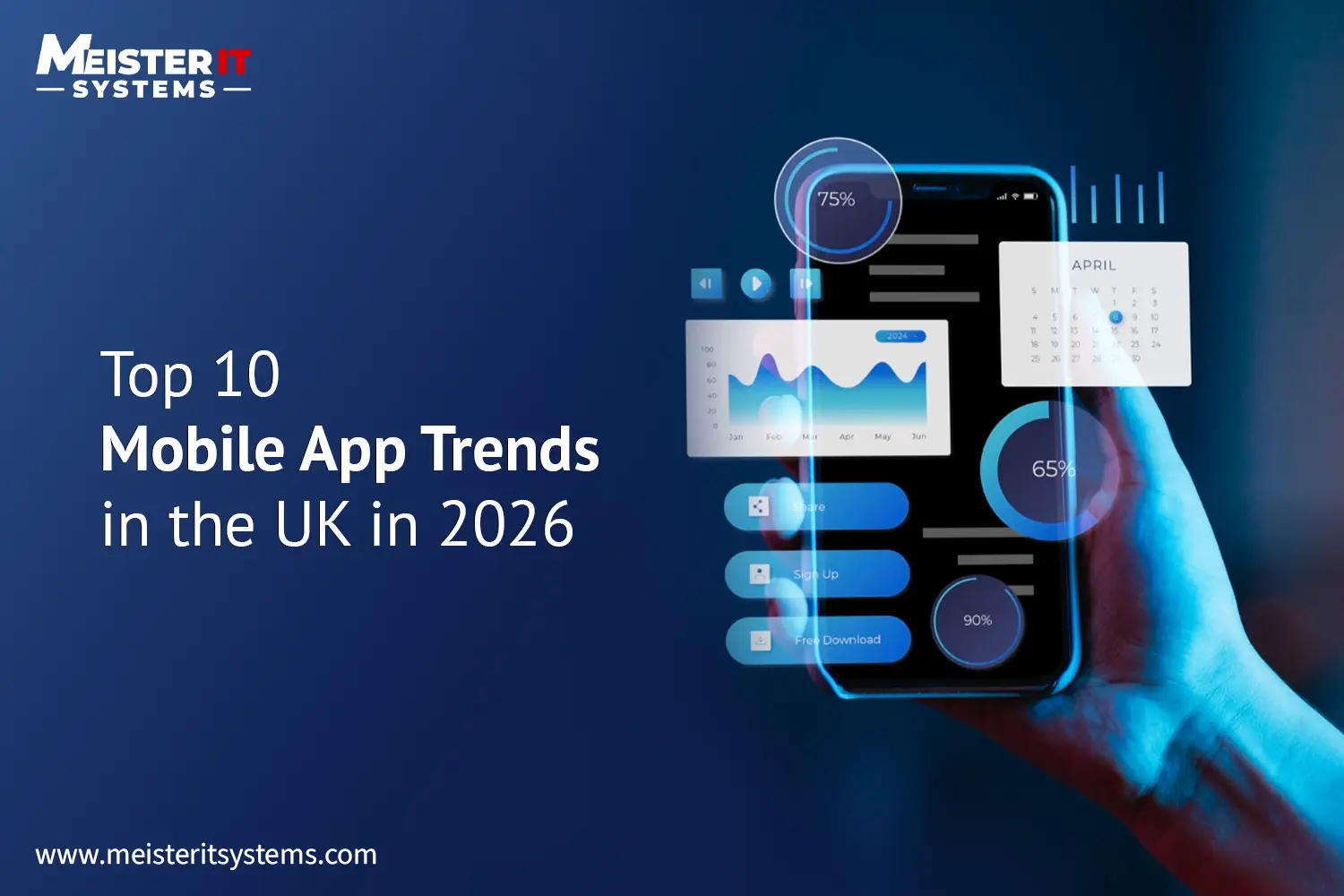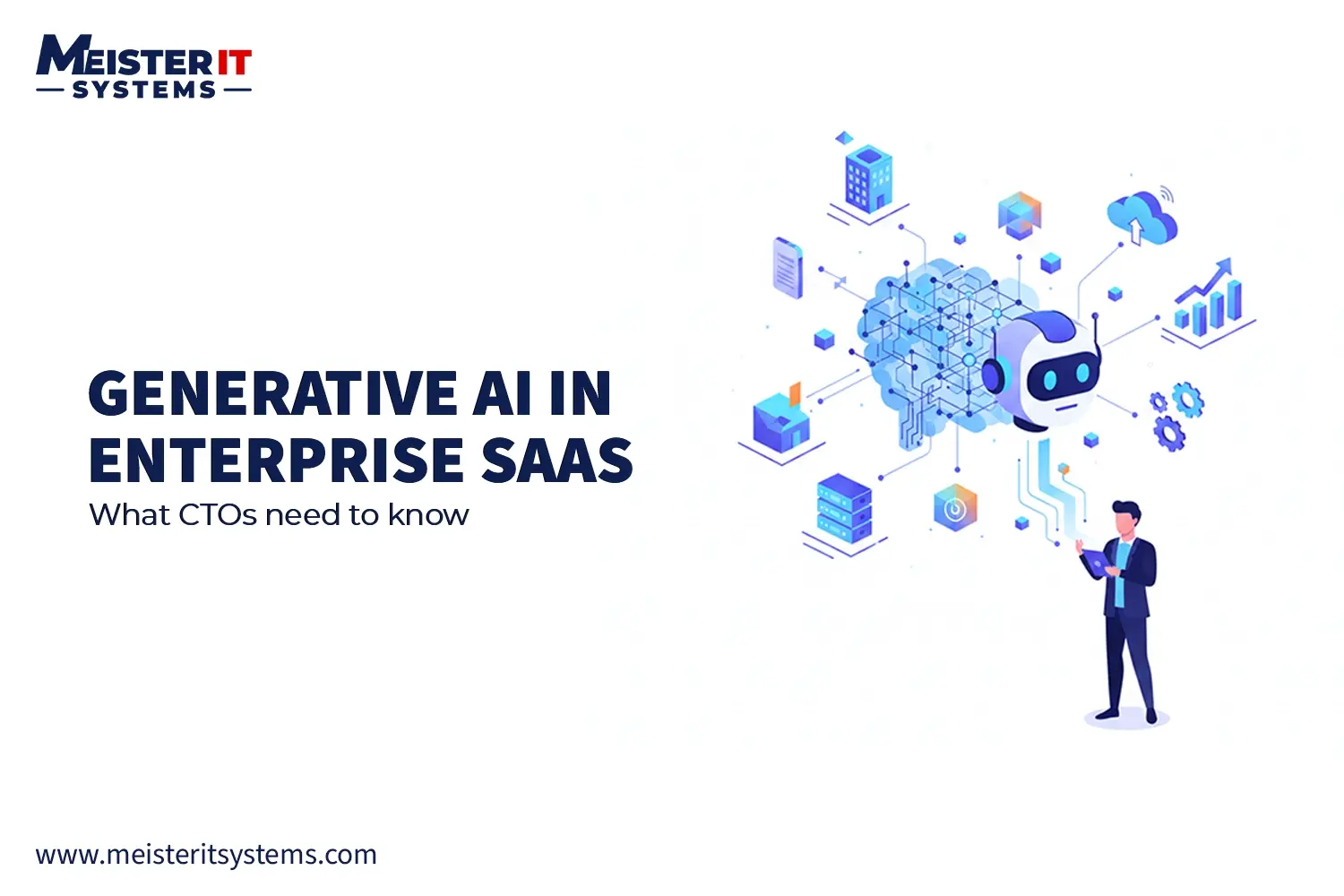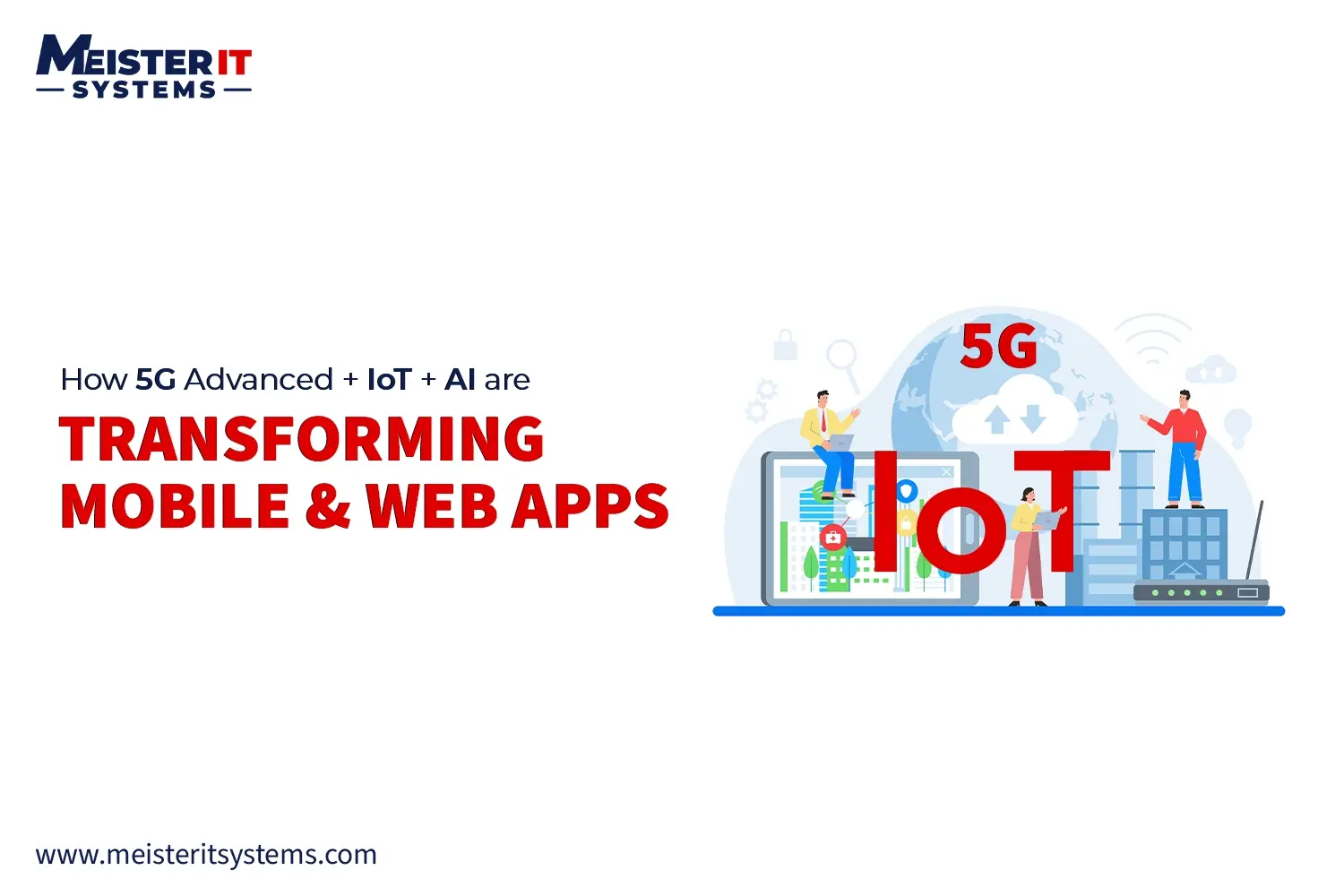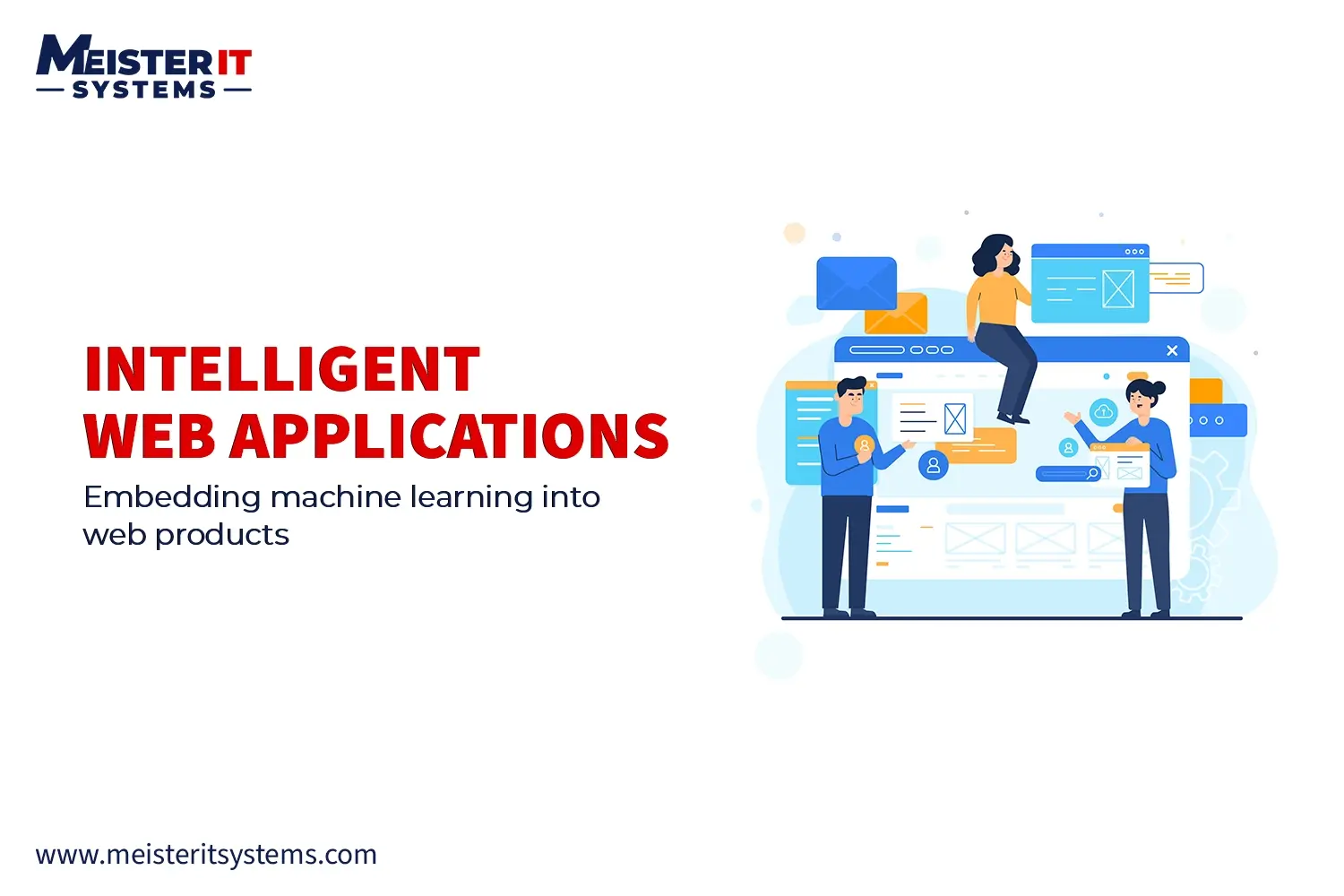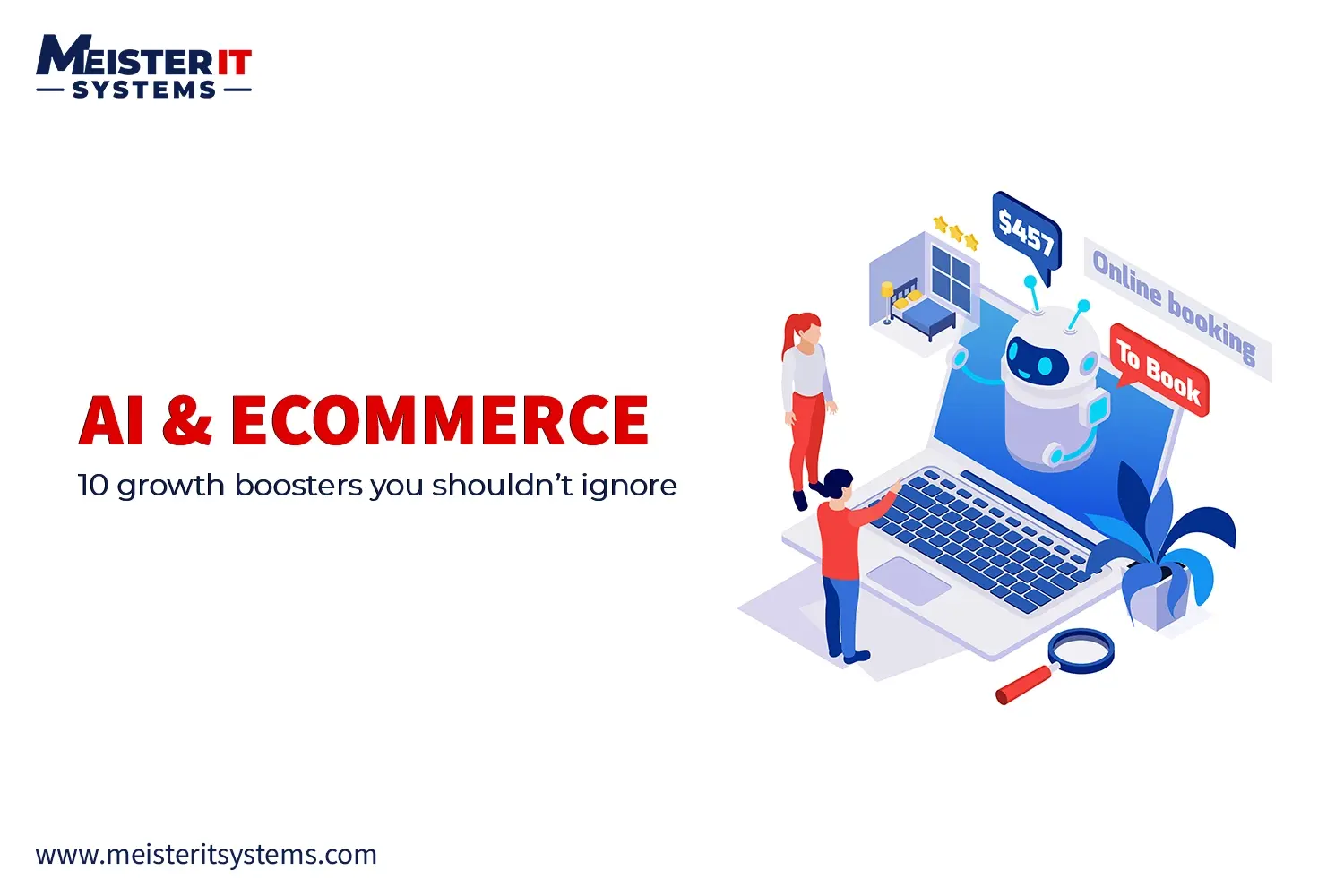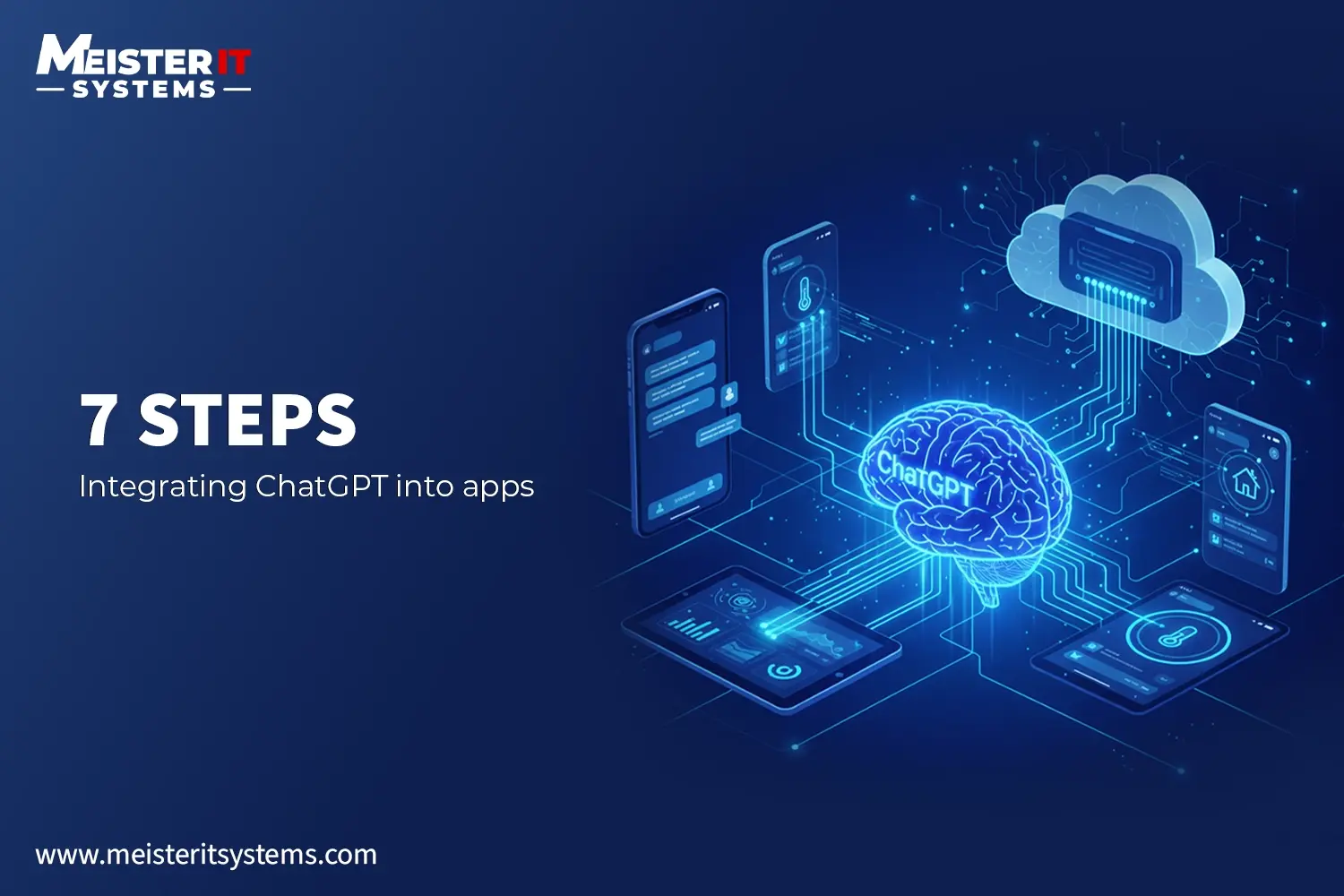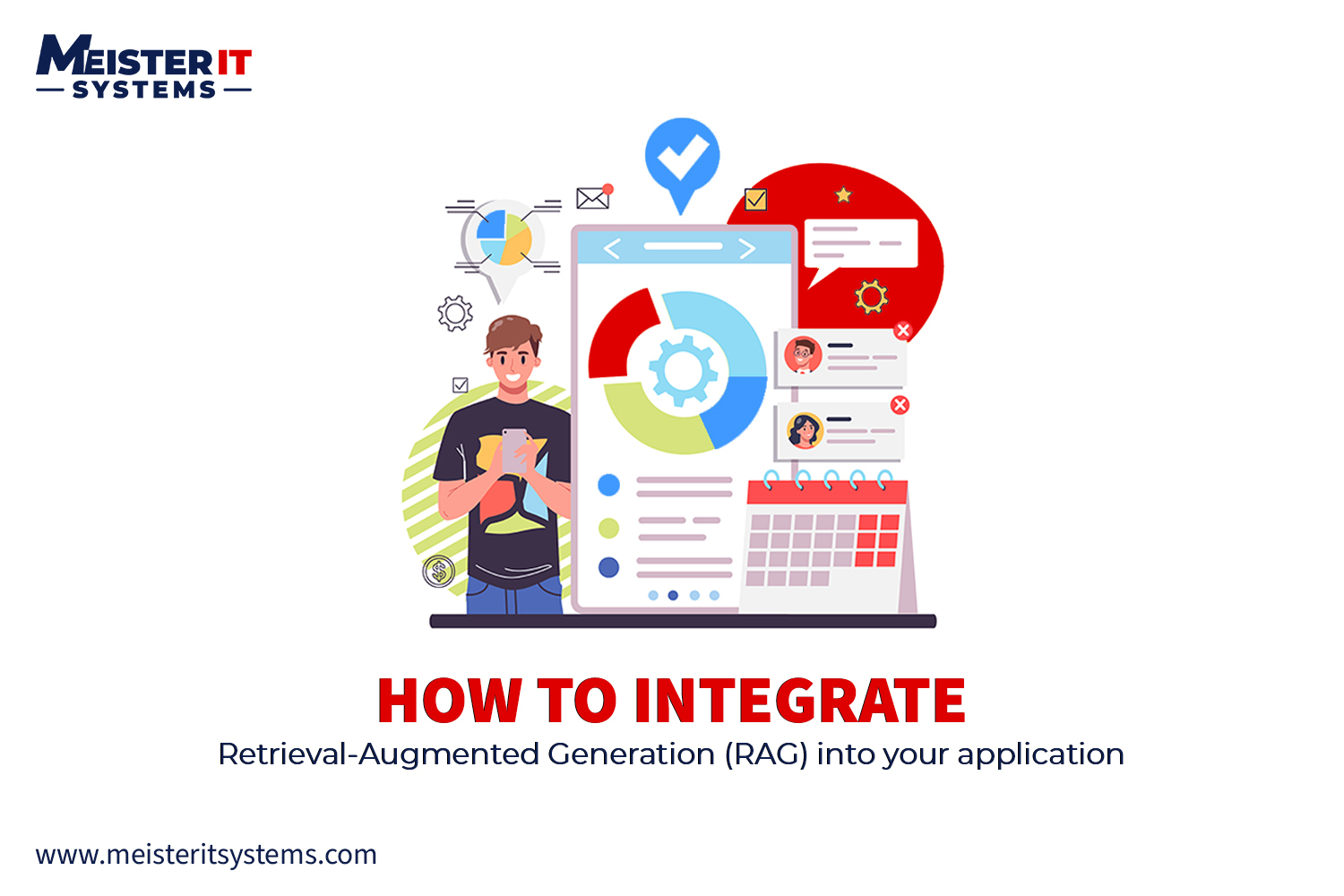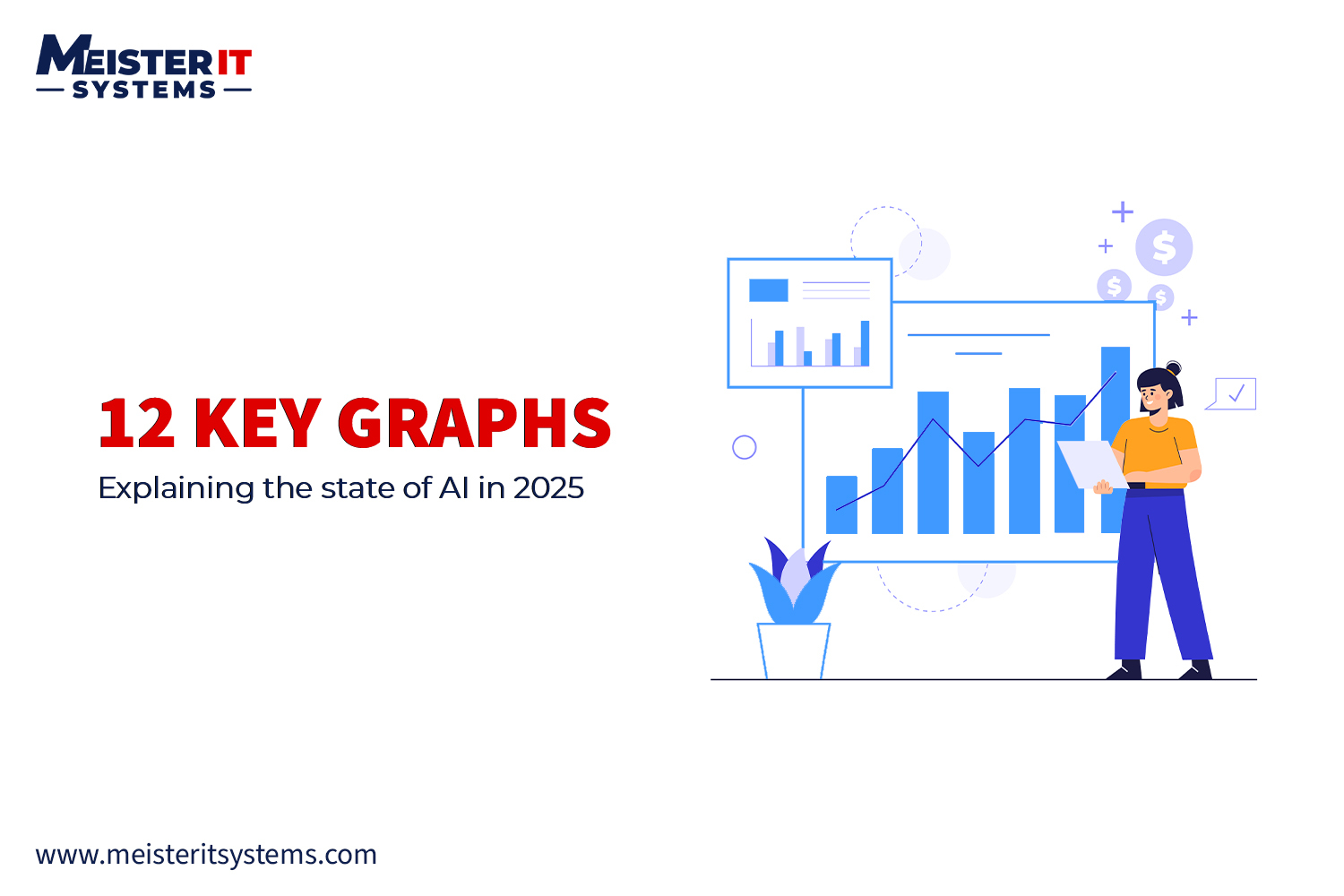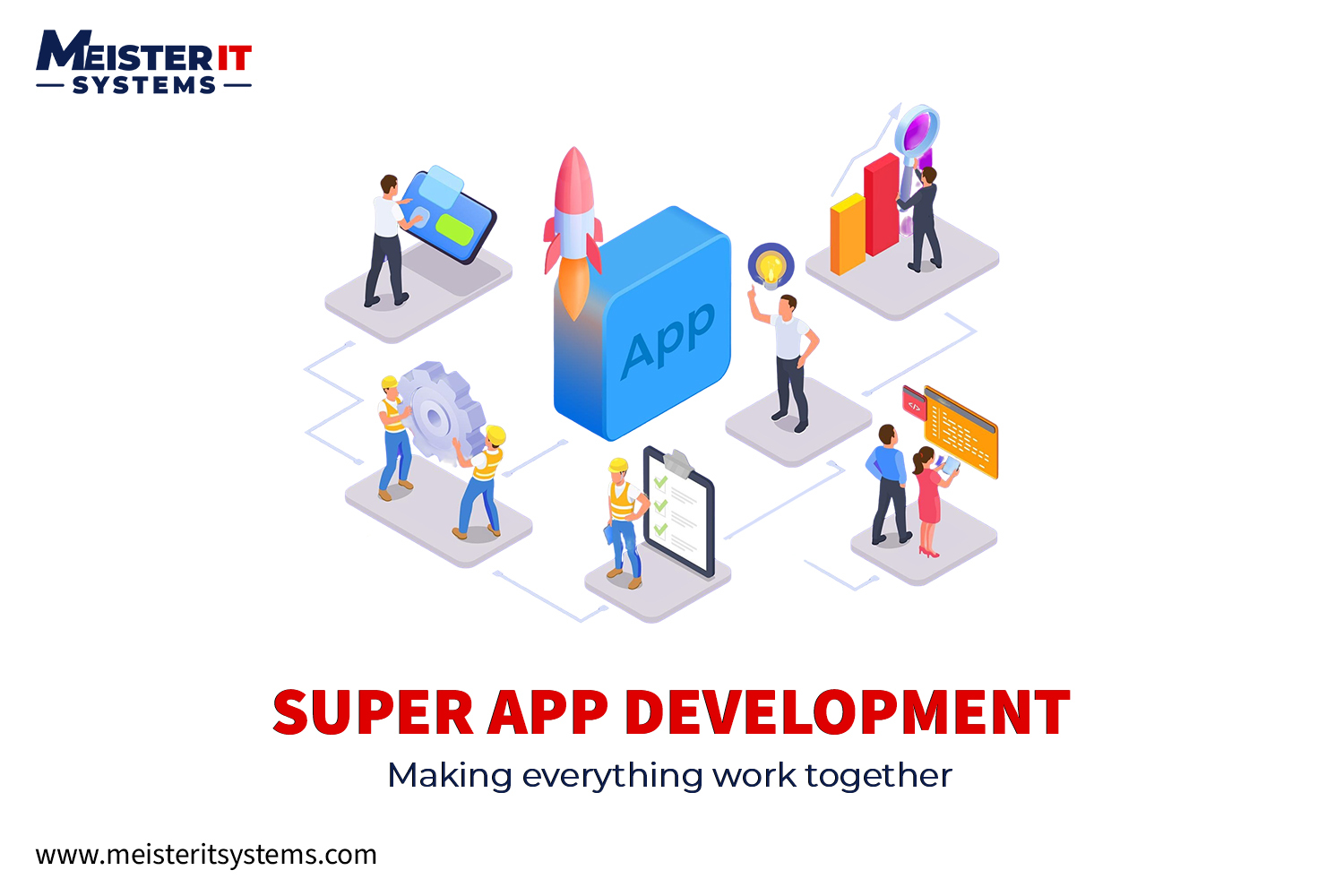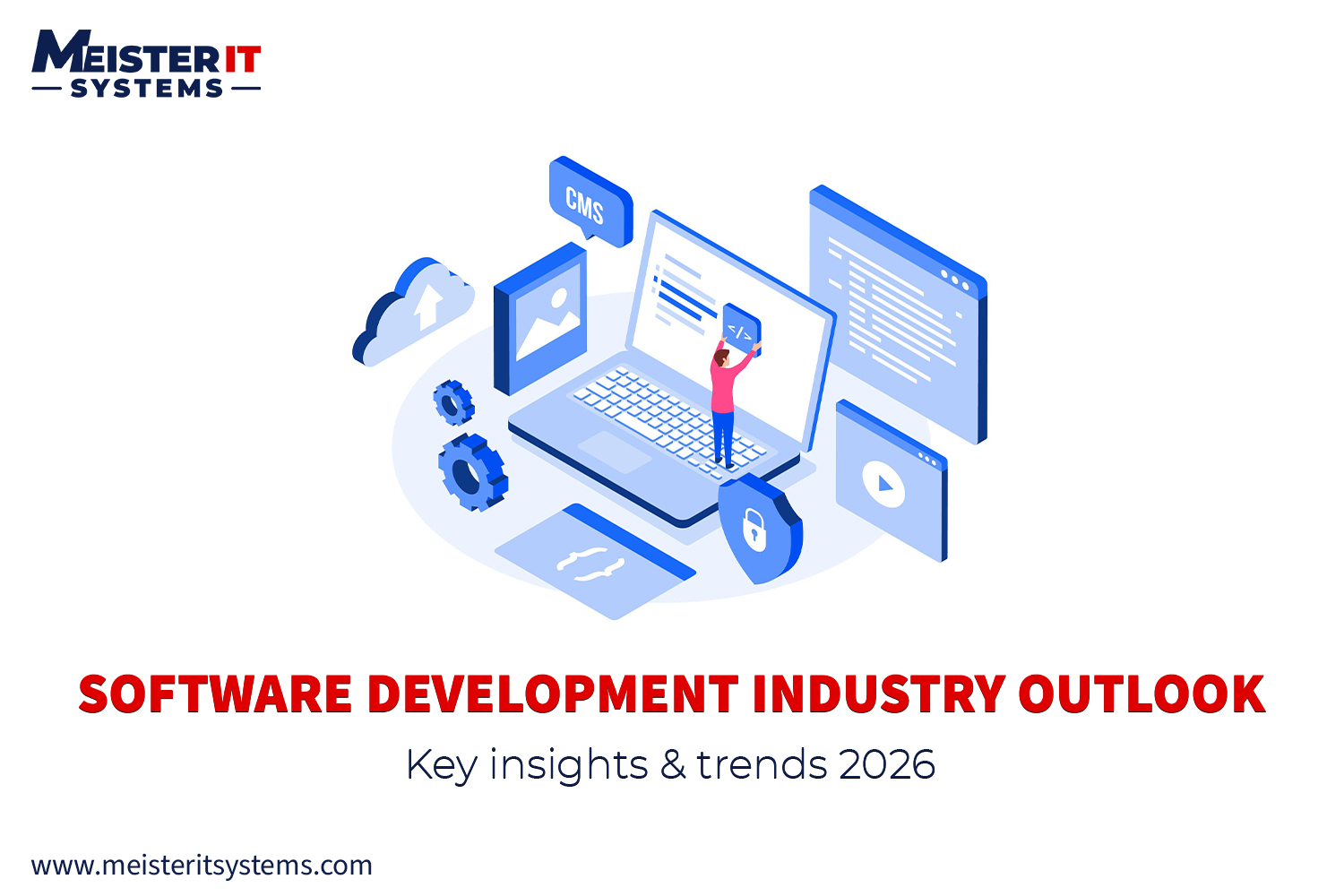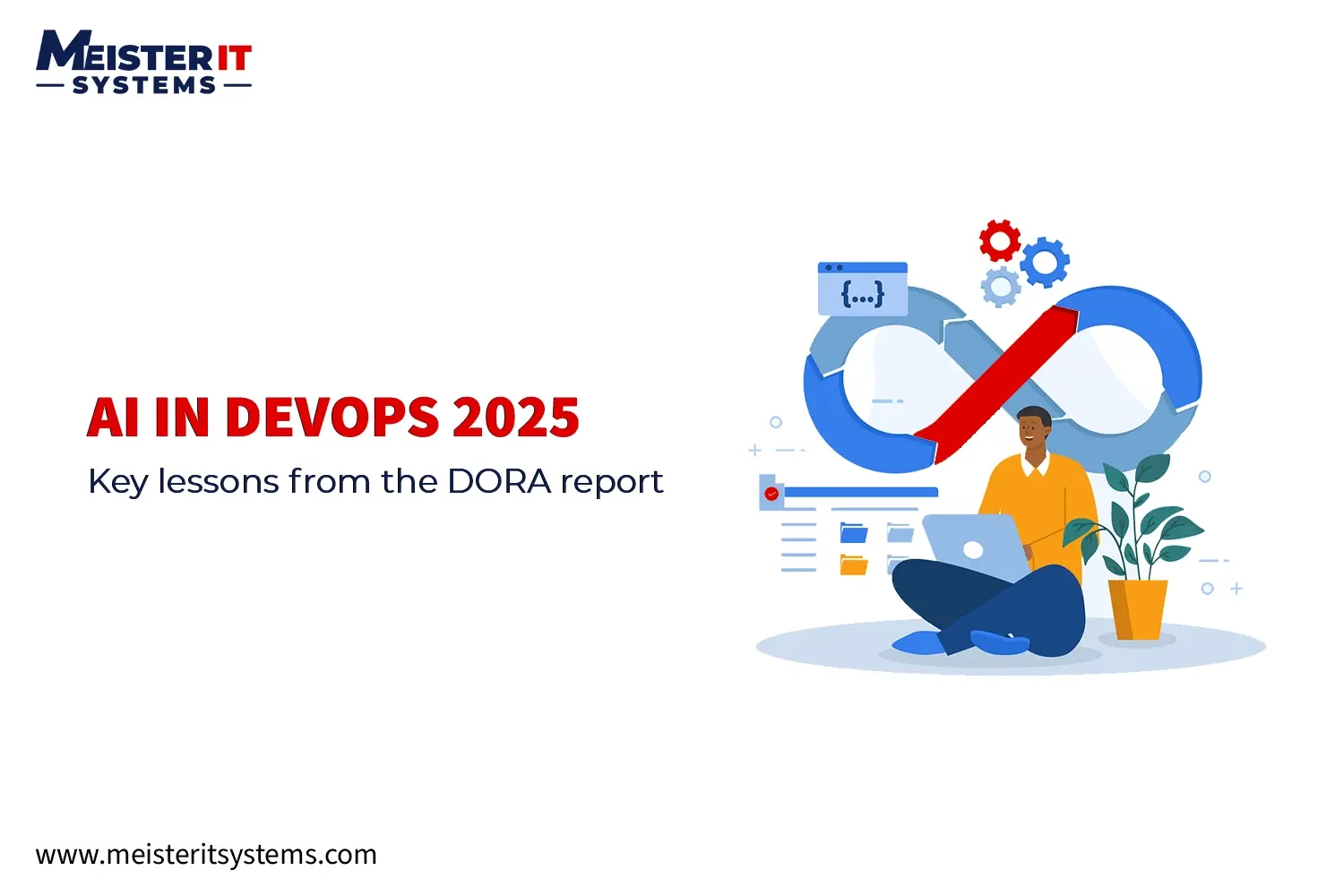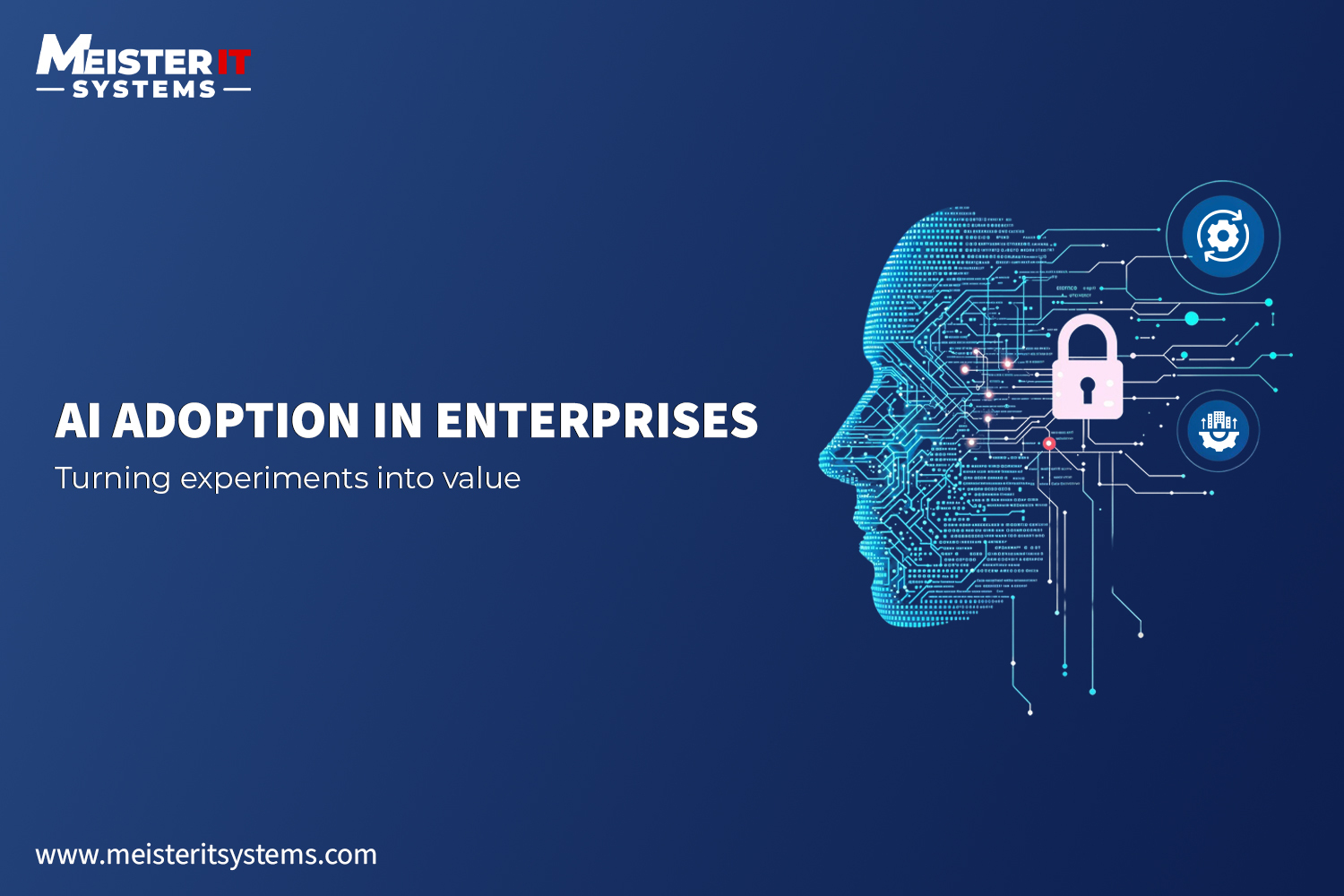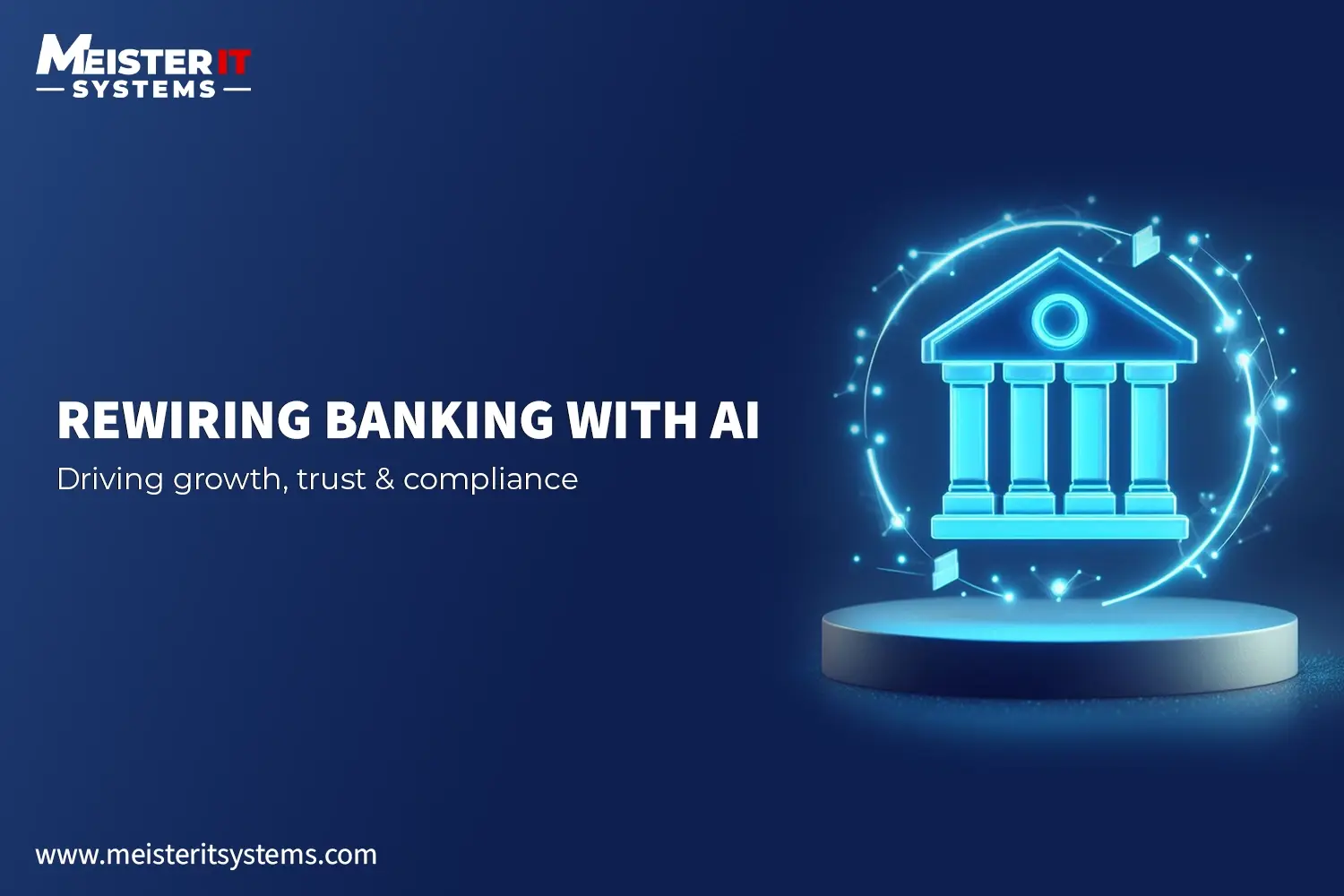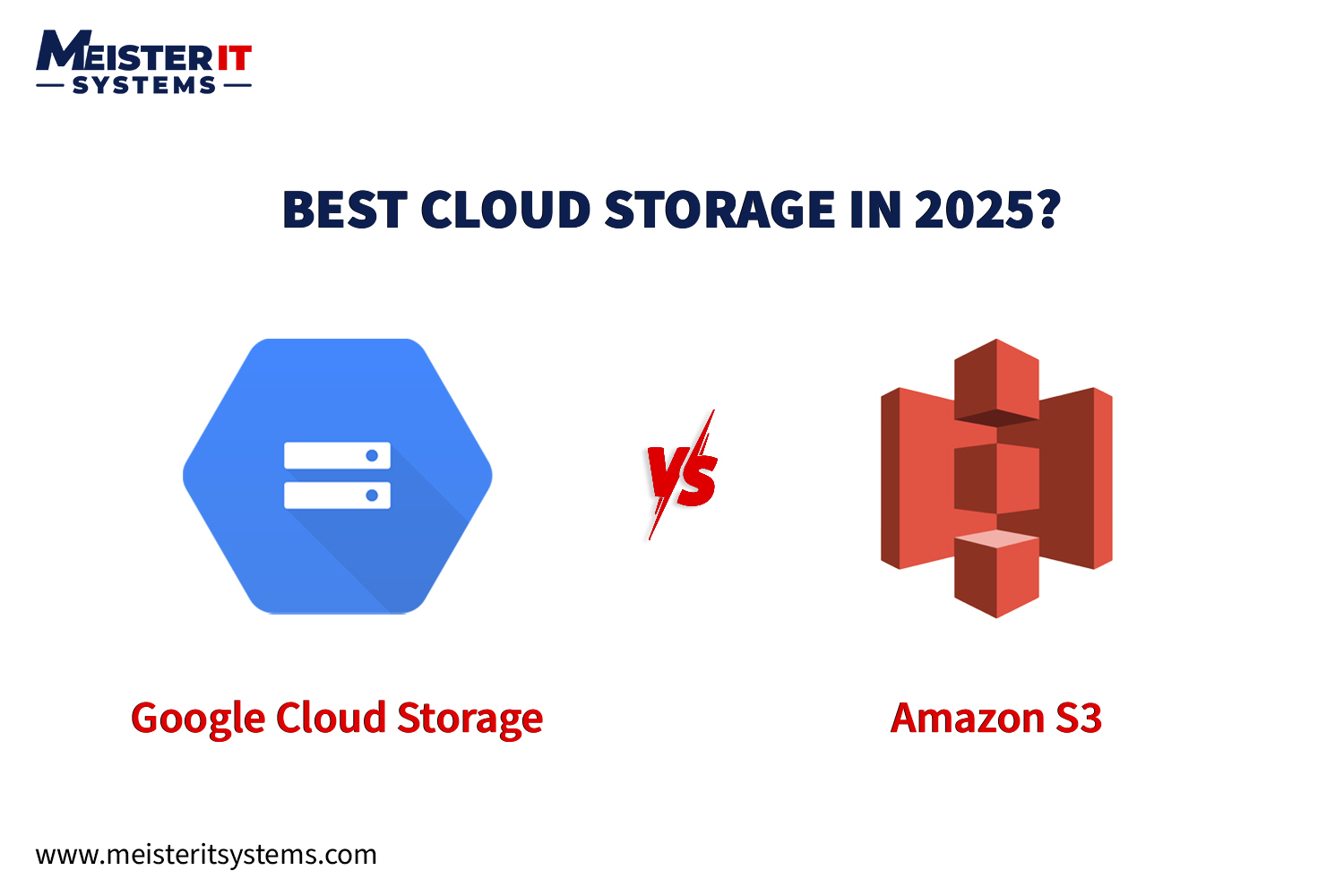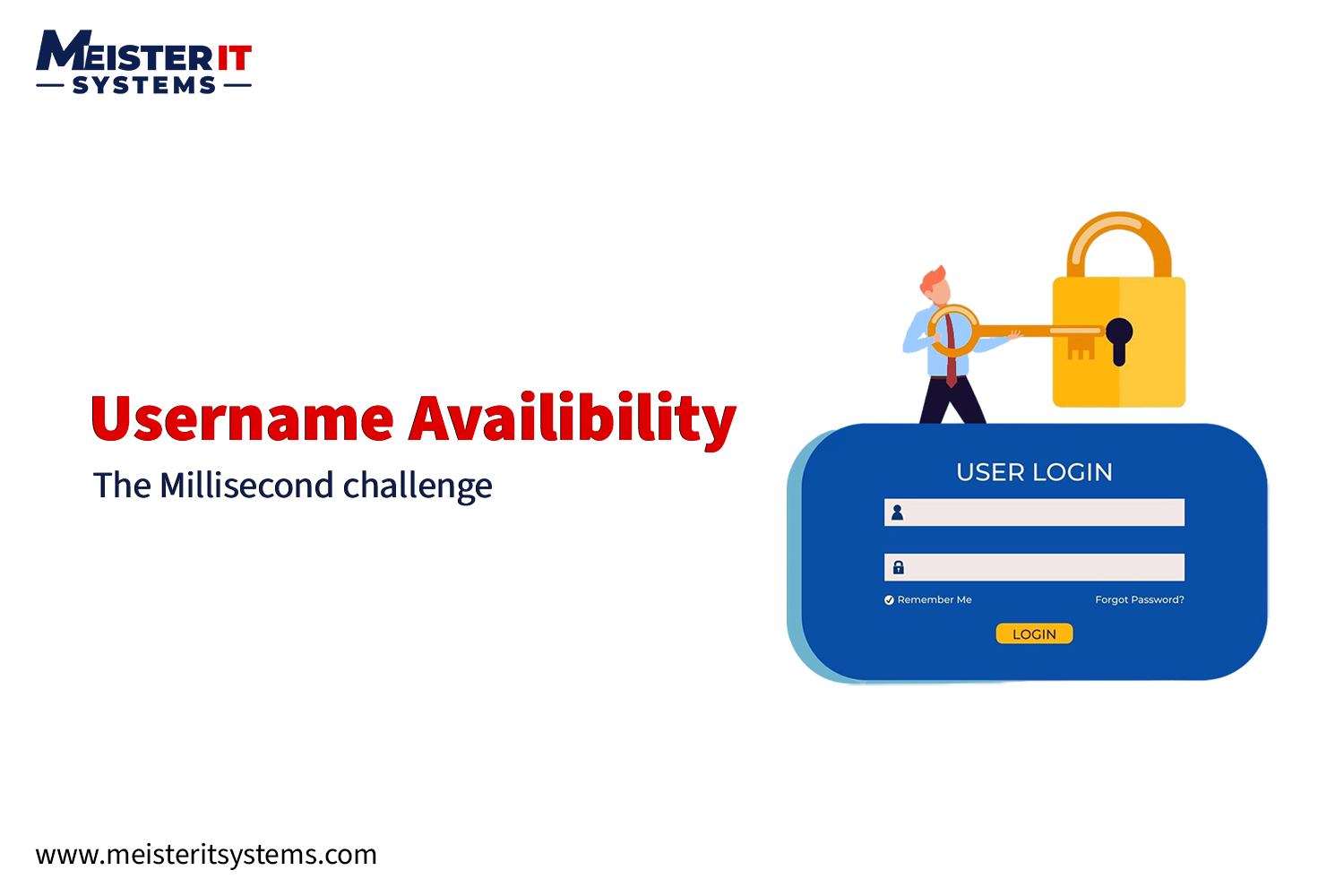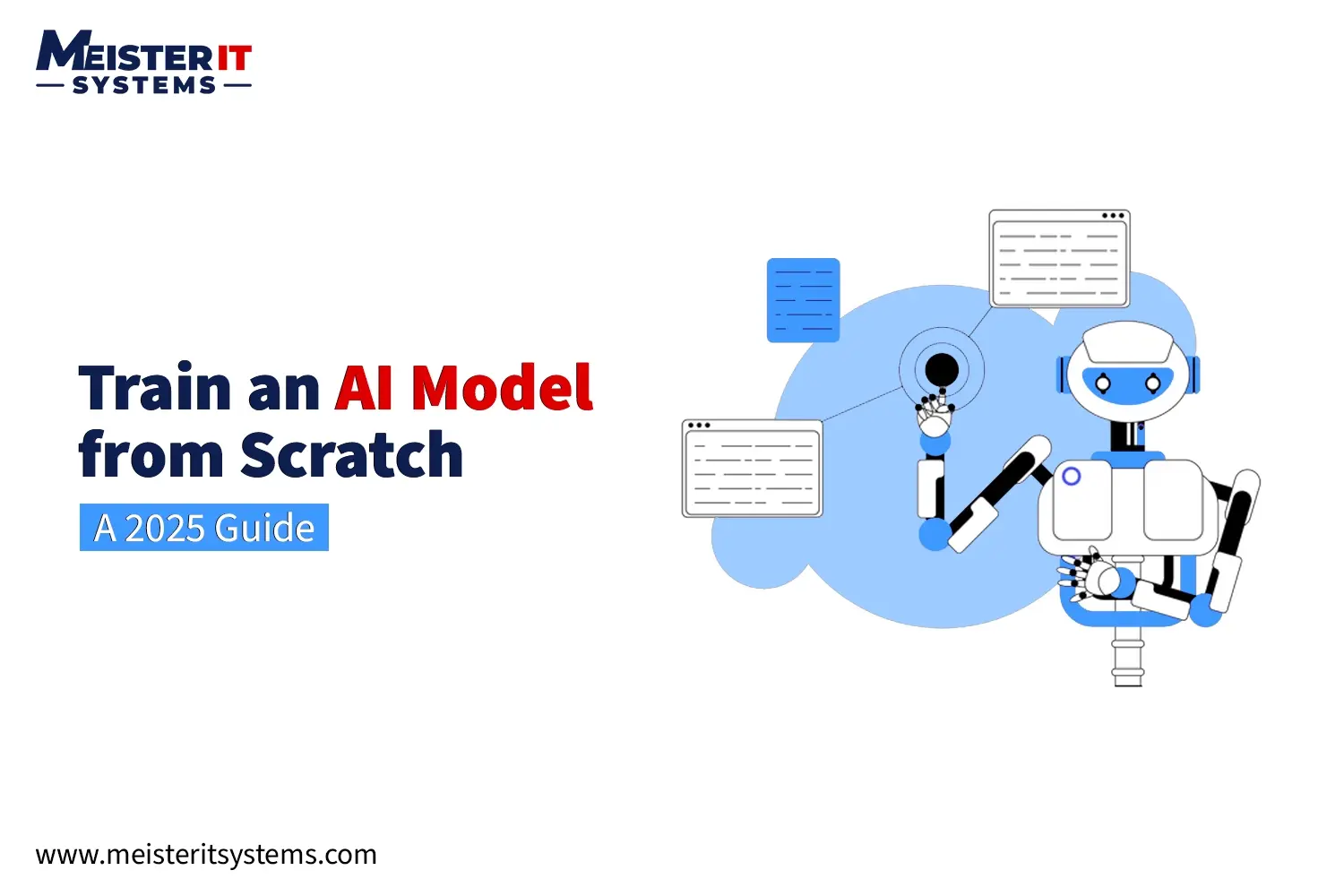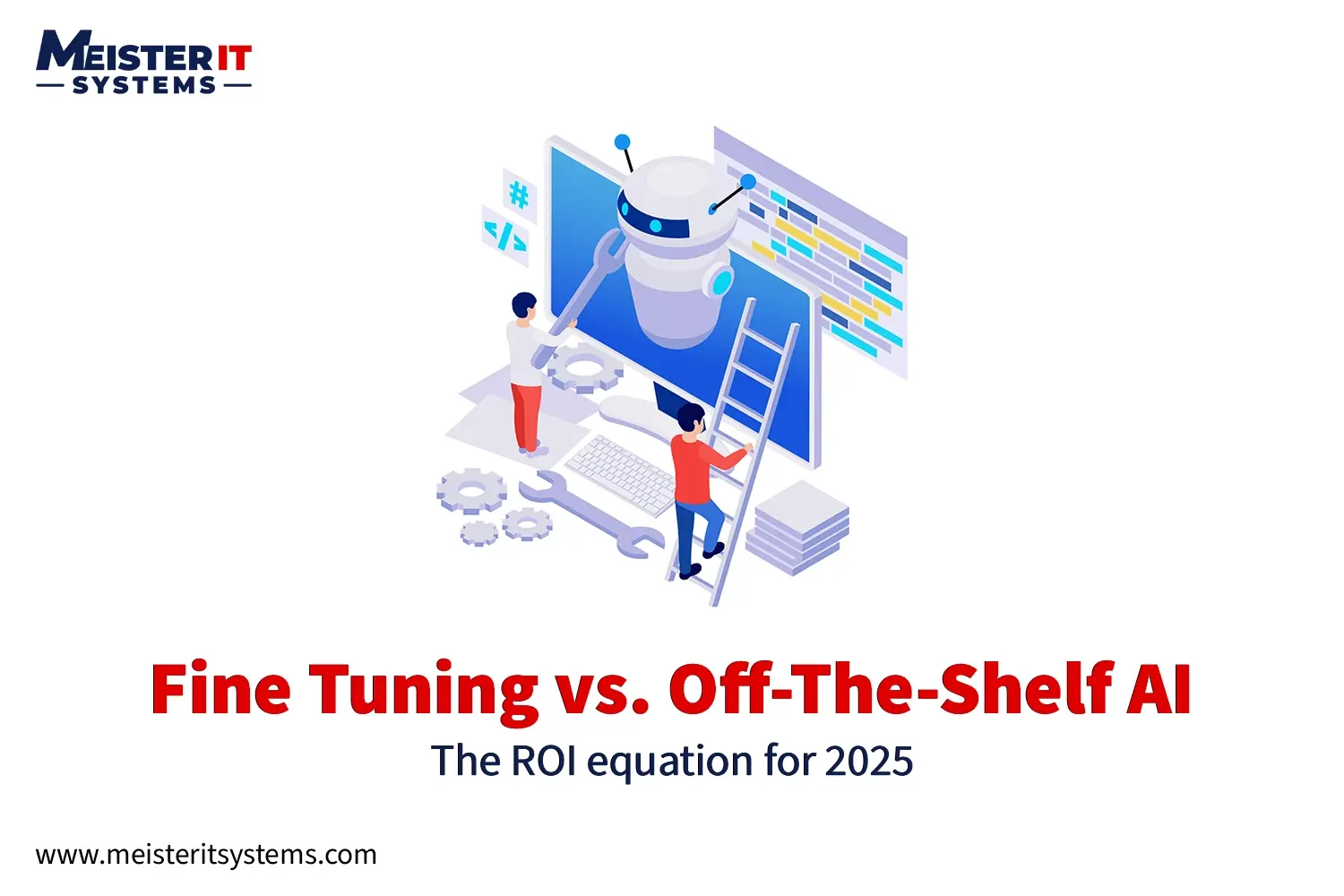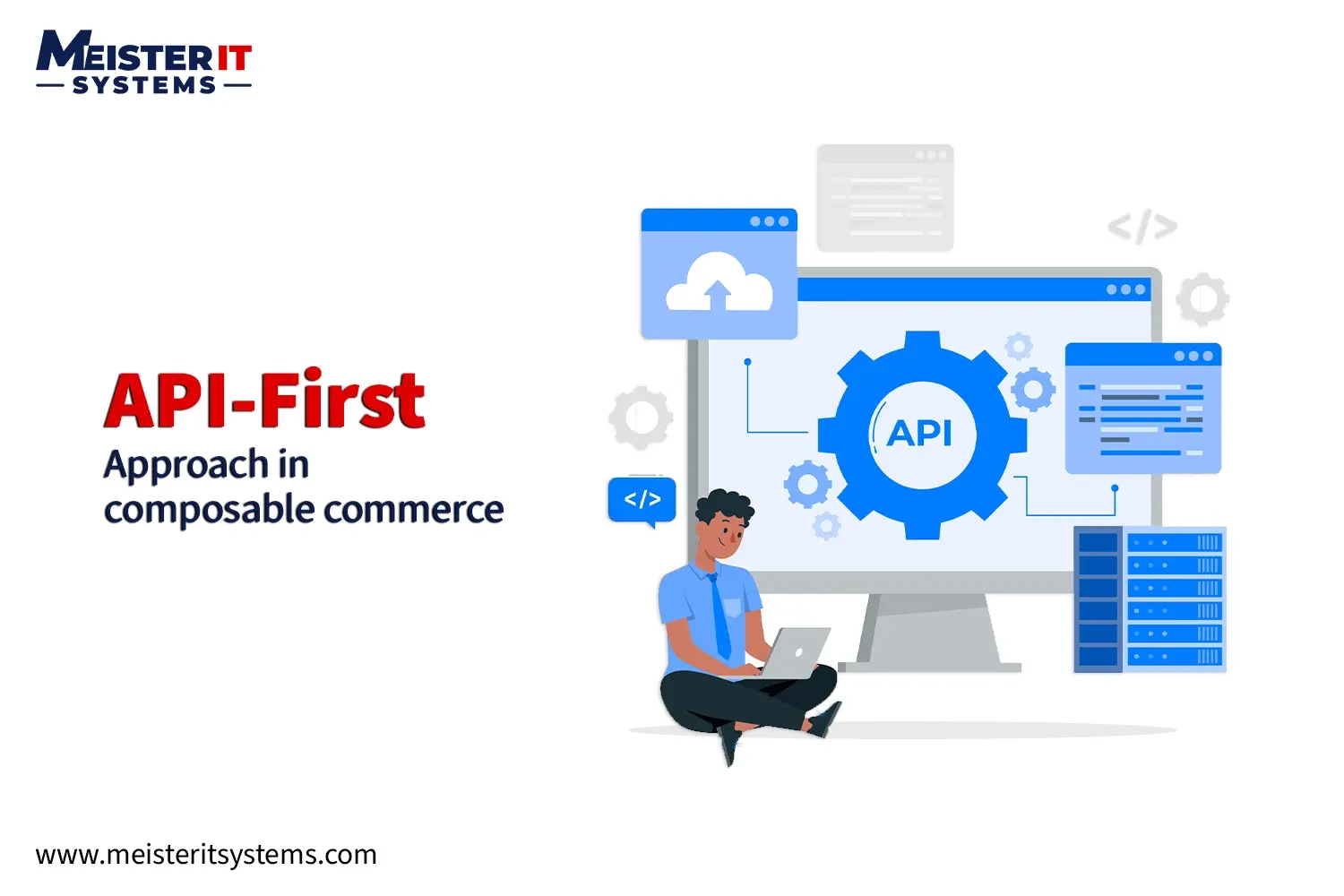
Introduction to Composable Commerce
Composable commerce is revolutionizing the way digital commerce platforms are built. Instead of monolithic, one-size-fits-all systems, this approach allows you to assemble the best services for your business. From payments and product discovery to loyalty and CRM—using independent APIs and microservices.
At the core of this innovation is the API-First approach, a strategy that ensures flexibility, fast scaling, and future-readiness. In this blog, we explore why API-First is critical for composable commerce success, its benefits, challenges, and how MeisterIT Systems can help.
What is API-First Architecture?
API-First architecture means that APIs are the primary building blocks of the system. Instead of developing the core application first and retrofitting APIs later, the process starts with defining, designing, and testing APIs before anything else is built.
Think of it like designing the plumbing before constructing the building. Every service knows how it will connect, reducing friction, enabling parallel development, and making your architecture future-proof.
Benefits of an API-First Composable Architecture
An API-First strategy is a game-changer for modular commerce, unlocking agility, speed, and scalability. Let’s explore the business advantages it delivers.
1. Greater Flexibility
Make tech decisions without fear of lock-in.
API-First lets you plug in new services or swap outdated ones without disrupting your entire system.
Want to switch payment gateways or test a new search engine? Just update the API layer. Everything else remains unaffected. This modularity enables you to adopt new technology and remain agile as markets evolve quickly.
2. High Scalability
Composable commerce platforms often deal with dynamic load spikes. Think festive sales or viral campaigns.
With an API-First setup, you can scale individual services (like product search or checkout) independently, ensuring performance stays strong even when demand surges.
This horizontal scalability supports a consistent user experience under any load.
3. Accelerated Development Cycles
API-First speeds up product releases by allowing front-end and back-end teams to work in parallel once the API contract is agreed upon.
Faster iteration means quicker delivery of features, smoother integrations, and the ability to respond to market needs without waiting for full-stack overhauls.
Businesses often see 30–50% shorter development cycles with this approach.
4. Enhanced User Experience
Personalization, loyalty programs, real-time inventory, and third-party services all rely on seamless data flow.
API-First ensures these experiences are tightly integrated. Whether it’s a unified checkout experience or intelligent product recommendations, APIs streamline data sharing—leading to higher engagement, conversion, and customer satisfaction.
Top 3 Challenges and How to Overcome Them
API-First design brings clear benefits, but businesses must also address certain technical challenges during implementation.
1. Integration Complexity
Composable commerce platforms often rely on dozens of APIs.
Each API may use different protocols, authentication mechanisms, and data formats. Managing these differences at scale can become complex.
Solution: Using robust API gateways, service mesh architectures, and proper documentation helps reduce integration overhead and maintain system consistency.
2. API Security Risks
Security risks increase when more services are exposed through APIs.
Each API is a potential attack vector. Without proper controls, attackers can exploit these endpoints to access sensitive data.
Solution: Following strong security practices such as OAuth2.0, token-based authentication, rate limiting, and encryption is essential. Schedule regular security audits and automated penetration tests to harden your system.
3. Third-Party Dependency Management
Composable commerce architectures rely heavily on external services like payment gateways, logistics APIs, CRMs.
Downtime or API changes from these vendors can impact your platform. For example, if a payment gateway goes offline during peak sales, it could directly affect revenue.
Solution: Build fallback mechanisms, implement retries and caching, and ensure strong observability. Tools like circuit breakers and monitoring dashboards help you stay one step ahead of outages.
Conclusion: Why API-First is the Future
API-First architecture is a business strategy. It unlocks speed, scalability, and innovation while enabling better customer experiences. For composable commerce, it’s the foundation that keeps your platform agile, integrated, and market-ready.
Ready to Build a Flexible, Scalable Commerce Platform?
At MeisterIT Systems, we specialize in designing robust, secure, and scalable API-First ecosystems tailored to your business needs. Whether you’re modernizing an existing system or building a new, composable commerce platform from the ground up, we can guide your journey.
Let’s talk about how API-First can give you a competitive edge.



